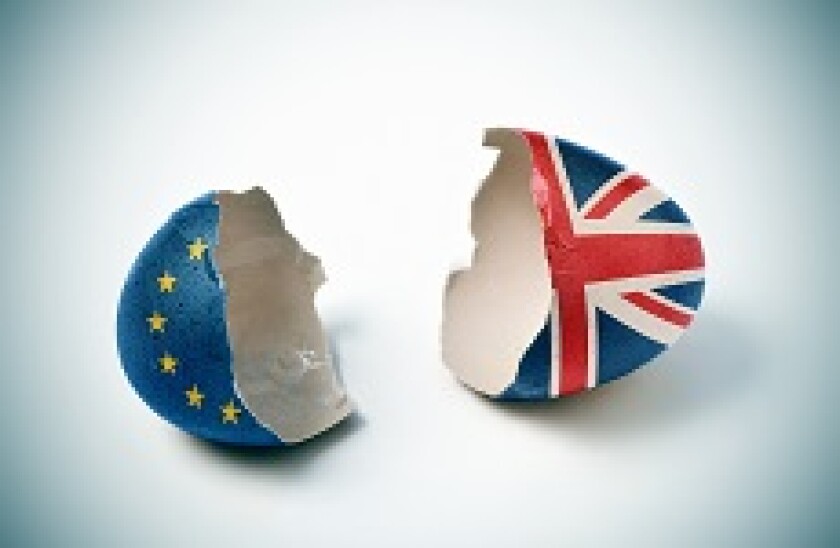When catastrophe and relief are both possible, and perhaps equally likely, there may be no point trying to guess the outcome and price it in.
Whether you look at currencies, stocks or bonds, the markets’ attitude to Brexit is now one of exasperated insouciance — “Curse the politicians — but what can you do? Let’s trade.”
But no one should be lulled by the markets’ placidity. No Deal now looks the most likely outcome.
Negotiations in Brussels on Thursday evening have pushed the deadline back to April 12. But disaster can only be averted if the House of Commons can approve the Withdrawal Agreement by then.
The chances of that look slim. Parliament’s feet are already right in the fire and it has not budged. That extremist Brexiteers are not backing the deal is no surprise: they want the hardest of Brexits. Why would they flinch?
The real obstacle is the opposition, especially the Labour Party, which far outnumber the Brexit ultras. Jeremy Corbyn supports a soft Brexit, but will not vote for it, or let his troops do so.
Any capital market players who are still trusting that the UK will do the right thing in the end should reflect that their fate lies in the hands of Corbyn — a hate figure for many bankers.
Families are stockpiling toilet roll and sardines. Financial firms now have a last chance to get their hedges in. If it ends up being No Deal, anyone who says it was a surprise should be fired.

